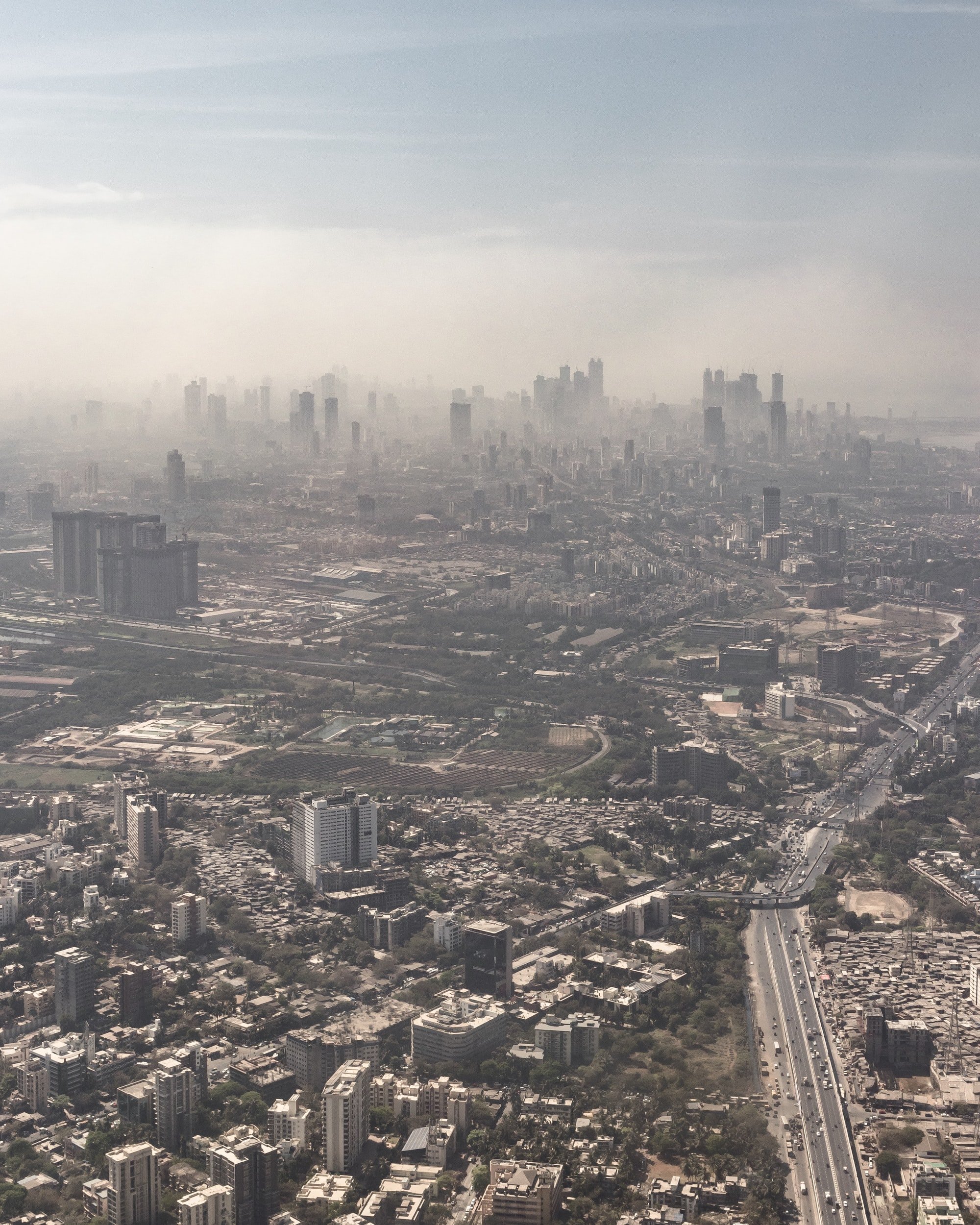In Praise of Creation
From my earliest memories I have been drawn to the world around me. As a boy I was mesmerized by the starry sky and tried to connect the tiny dots of light to form animal shapes. My brother and I caught snakes and toads and grasshoppers and lightening bugs, not to kill them but to look at them, and then release them back into the wild. Once we found a baby bird and tried to nurse it back to health, but, unfortunately, we were unsuccessful and the little guy died. With our Cocker Spaniel Skippy by our side we ceremoniously buried the nestling, and my older brother made a little cross with toothpicks to mark the grave.
Nature has held a spell over me that continues to this very day. My wife and I live in a neighborhood surrounded by woods with wild game abundant. We often wake up to Florida mornings with deer grazing in our backyard and the sound of a hooting owl in the distance, not to mention the wide variety of birds that form a chorus of morning praises. When we take our mixed terrier for her walk, we sometimes feel that we live in a game preserve, so diverse is the animal and vegetative life.
When the psalmist looked at the nighttime sky and proclaimed “The heavens declare the glory of God” (Ps. 19:1), he no doubt had the world of nature in mind, too, for before we look up we usually look around, and what we see when we look around can’t help but remind us of the magnificence of the natural world.
Our Creator must have been proud of his creative work for he calls it all good, in fact, God says it is “very good” (Gen. 1:31). And then God places Adam and Eve in this amazing world and tells them their job is to care for it, to improve it-- like gardeners cultivating the soil to insure better results. Included in that protective care implied watching out for the animal world, to never abuse these creatures or mistreat them, for while God created them for sustenance as well as companionship, they were never to be taken for granted.
Unfortunately, not everyone agrees. Rene Descartes, one of the most esteemed philosophers of the modern world, believed that animals could feel no pain and devalued the animal species as merely extended objects, similar to machines without feelings. He showed little empathy for these marvelous creatures of creation that make life possible on this fragile planet. Of course he was wrong but to even think such a thing shows how we can lose touch with our world.
I read recently Ed Yong’s book An Immense World: How Animal Senses Reveal the Hidden Realms Around Us and was awestruck by the different ways that animals perceive the world and was reminded how sacred these creatures of God are. Animals have some gifts of sight, touch, sound and smell that human beings don’t have. Many of these animals are incredibly intelligent and contribute to our life in unimaginable ways.
We all know the heightened sense of smell that a dog has over a human but Yong opened my eyes that dogs perceive their world far differently than we do, and in some ways their perceptions allow them to engage the world on a deeper level. My little mixed terrier, for instance, not only sees the world but also smells the world far more acutely than I do. When my wife and I take her for a walk, she socializes with the neighbor dogs by smelling every tree, bush or lamppost for their markings. What we think of as rather crude is her way of connecting to her neighbors, a way of experiencing and enlarging her world.
Yong points out that every form of life has unique features that contribute to the planet’s bio-diversity. I didn’t realize that catfish are like “swimming tongues.” According to Yong, their taste buds are scattered over their entire bodies, allowing them an acute sense of taste that we humans do not have. Oh, if only the water were chocolate!
Bees can detect the sweetness of nectar just by standing on a flower, so sensitive is their sense of touch and smell. Snakes smell their world through the assistance of their forked tongue. Each flick of their tongue is the equivalent of a dog’s sniff. Sea birds navigate above the immense, geographically featureless oceans by their sense of smell, allowing them to perceive the seemingly bland sea as a “rolling olfactory prairie” teeming with life.
Certain kinds of spiders have different eyes for different sets of tasks. The eyes of a giant squid are as big as a soccer ball! A wedge-tailed eagle of Australia can spot a rat from a mile away. Yong’s book is an amazing read and I could go on and on about the amazing wonders of the world God has created.
Sadly, too many of us have lost our sense of the sacredness of creation. We take nature for granted or we exploit it for selfish ends. Some of us link talk about the climate and preservation of nature to politics and insist that the changing climate is a natural phenomenon, so why should we worry about it? While we may debate climate change, the fact is we human creatures are dramatically and adversely affecting the natural world.
Yong writes, “We have filled the night sky with light, the silence with noise, and the soil and water with unfamiliar molecules.” Think of it this way: 83% of Americans live in light-polluted areas where animal and insect life are in danger of losing their natural habitat. 80% of Americans can no longer see the Milky Way and have lost touch with the starry heavens. Noise pollution affects the animal world, too. Noise shrinks an animal’s perceptual world and disorients it. Coral reefs, important sources of food and protection for marine life, are dying all over the world. The amount of plastic in the oceans is staggering. Yong writes that if we ceased to pollute the oceans today, it would take centuries to clean up the mess we have made.
All of these issues are things we can do something about. They should not be controversial or political. God put us here in part to care for the world he made, but we too often put greed before the common good. As a Boy Scout I learned that we are to leave a campsite better than we found it. When it comes to our terrestrial campsite, well, the ones who follow us will find our planet in great distress.
Maybe like Descartes we have come to believe that the world we inhabit is without feeling, more like a machine than a living entity. The biblical writers certainly didn’t think so. The world was a living creation, reflecting the very image of God and to be detached from the earth, meant to be detached from God.
I wonder if our disregard for our created world isn’t a tell-tale sign that we have also disregarded its Creator?




